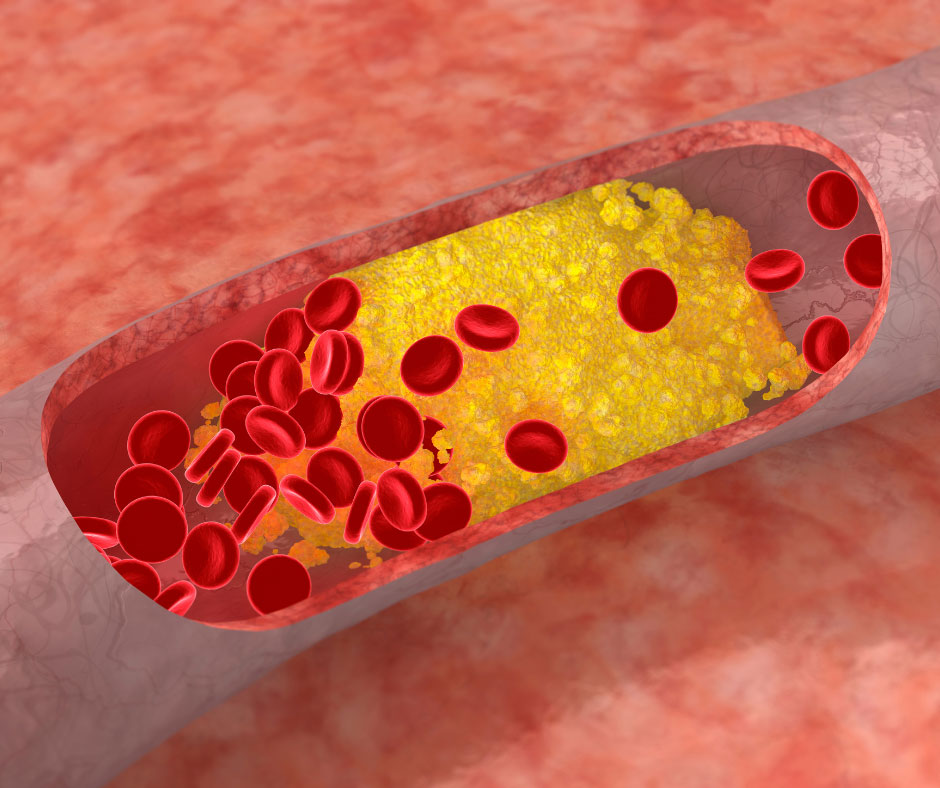…Plus 5 Easy Solutions!
While more research needs to be conducted to find a direct connection between stress and heart disease, it has been proven that stress can lead to factors or behavior that may be detrimental to your heart. Common harmful behaviors that may accommodate stress are over-eating, smoking, drinking, physical inactivity, and trouble sleeping.
These damaging habits can lead to an increase in cholesterol, triglycerides, blood sugar, and blood pressure—all which are major contributors to heart disease!

Exactly what is stressing you out and how do you deal with it?
Here are the top 5 stressors for Americans and how to cope with them:
- Finances. A 2018 study polled over 1,000 American adults. 85% said they “sometimes” feel stressed about money. Shockingly, 30% of the adults polled said they “constantly” feel stressed about their finances.
- Work. 83% of American adults say they experience work place stress on a regular basis. 48% of Americans have cried at work due to stress.
- Family. 31% of Americans stress over balancing home life and work life.
- Health. 43% of Americans are stressing over the health care in our country.
- Politics. A 2017 study revealed that 63% of Americans actively stress about the political climate.
Since 55% of Americans feel stressed “most of their day”, chances are, you can relate to one of the above stressors.

Here’s how you can cope:
- Laughter. Watch a sitcom, listen to a podcast, call your best friend. Laughter enhances your intake of oxygen-rich air, stimulates your heart, lungs and muscles, and increases the endorphins that are released by your brain. Endorphins are natural mood elevators and pain relievers.
- Break a Sweat. Go on a walk, take a fitness class, walk up and down stairs. Working out reduces levels of stress hormones like cortisol and adrenaline. Breaking a sweat also releases endorphins.
- Get Social Support. Talk to your doctor, find a therapist, download an app. Only 27% of the adults living with daily stress, seek help from medical professionals.
- Take a Break. Meditate, journal, listen to music. A 2013 study found that individuals who meditate for just 5 minutes every day had a significantly lower risk of heart disease.
- Take Control. Get a budgeting app, take a bath, work in your garden, try a new sport, teach yourself to cook, actively work to promote change. There is no statistic regarding how many people attempt to cope with stress—But that doesn’t matter, because this is about you! If you want to see a shift, dare to make a change.
We all experience stress differently.
Some of us are invigorated by stress, while some of us are exhausted by it. Stress even impacts generations differently.
59% of baby boomers have never been diagnosed with a mental health issue, while 52% of Gen Zers already have.
Regardless of where you fall in the statistics, stress wreaks havoc on your mind, your body, and your heart!
Use these 5 easy to follow tips to keep your stress levels at bay and your healthy habits on the rise.
References:
American Institute of Stress: https://www.stress.org/daily-life
American Psychiatric Association: https://www.psychiatry.org/newsroom/apa-public-opinion-poll-annual-meeting-2018
https://www.apa.org/monitor/2017/12/numbers
Anxiety and Depression Association of America: https://adaa.org/workplace-stress-anxiety-disorders-survey
Gallup: https://www.gallup.com/analytics/248906/gallup-global-emotions-report-2019.aspx
Harvard Health Publishing: https://www.health.harvard.edu/staying-healthy/exercising-to-relax
https://www.health.harvard.edu/heart-health/mindfulness-can-improve-heart-health
The Mayo Clinic: https://www.mayoclinic.org/healthy-lifestyle/stress-management/in-depth/stress-relief/art-20044456
University of Rochester Medical Center: https://www.urmc.rochester.edu/encyclopedia/content.aspx?ContentTypeID=1&ContentID=2171






